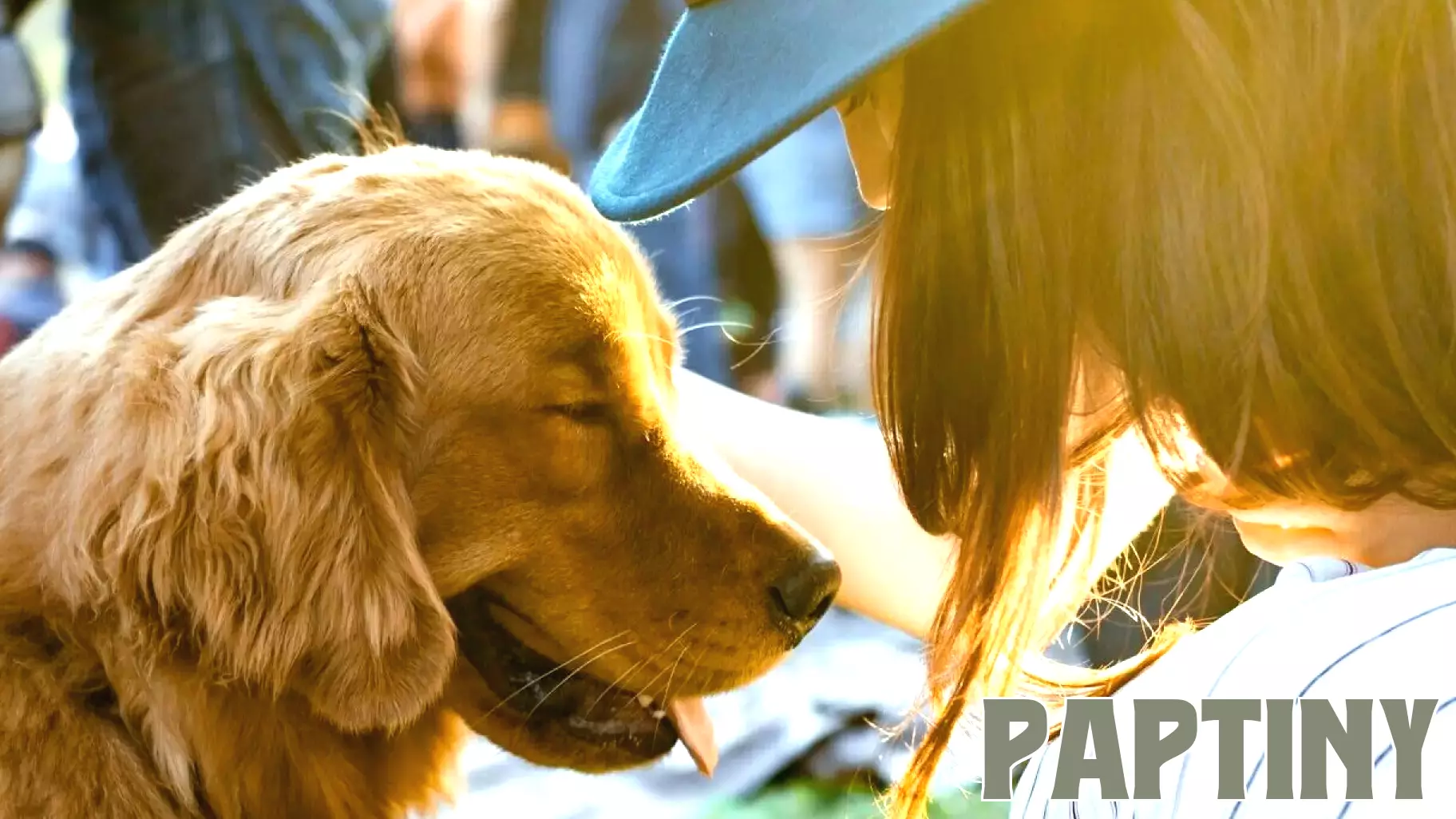The Rise of Dog Parenting: A Reflection of Changing Family Dynamics
May 22, 2025 - 20:15

As birth rates continue to decline globally, an intriguing trend is emerging in the realm of pet ownership: the rise of dog parenting. This phenomenon highlights a significant shift in societal values, where many individuals and couples are opting to care for dogs as their primary "children." The growing affection for furry companions is not merely a passing fad; it reflects deeper changes in family structures and parenting ideals.
In recent years, the concept of dog ownership has evolved from a simple pet relationship to a more complex dynamic resembling that of traditional parenting. Many dog owners are investing in high-quality food, specialized training, and even pet-friendly vacations, treating their dogs as integral members of the family. This trend underscores a desire for companionship and emotional fulfillment in a time when conventional family units are changing.
The implications of this shift extend beyond individual households. As more people embrace the role of dog parent, it raises questions about societal norms and the evolving definition of family. In a world where human connections can sometimes feel strained, the bond between humans and their pets offers a unique source of comfort and joy, redefining what it means to nurture and care for another being.
MORE NEWS

February 24, 2026 - 21:45
PIX Parenting Plus: Parenting on MarsIn today`s complex world, aligning with a partner on parenting philosophy is more crucial than ever. Experts emphasize that moving from conflict to cooperation is key to building a secure...

February 23, 2026 - 13:29
The Car Ride That Changed My Perspective: Parenting on the Go in Metro DetroitFor many parents across Metro Detroit, the true rhythm of family life isn`t found in scheduled playdates but in the daily commute. The journey between daycare, office, and home becomes a moving...

February 22, 2026 - 03:02
Chris Brown Avoids "Internet Games" as Girlfriend Jada Wallace and Ex Diamond Brown Clash Over Co-ParentingA public dispute erupted on February 18, 2026, between Diamond Brown and Jada Wallace, the woman linked to Chris Brown since late 2024. This social media clash centered on co-parenting dynamics...

February 21, 2026 - 03:49
Benjamin Watson podcast: Former NFL player on justice, parentingIn a recent podcast appearance, former NFL tight end Benjamin Watson shared profound insights drawn from his career, family life, and deep faith. Joining fellow retired player Matt Forte, Watson...